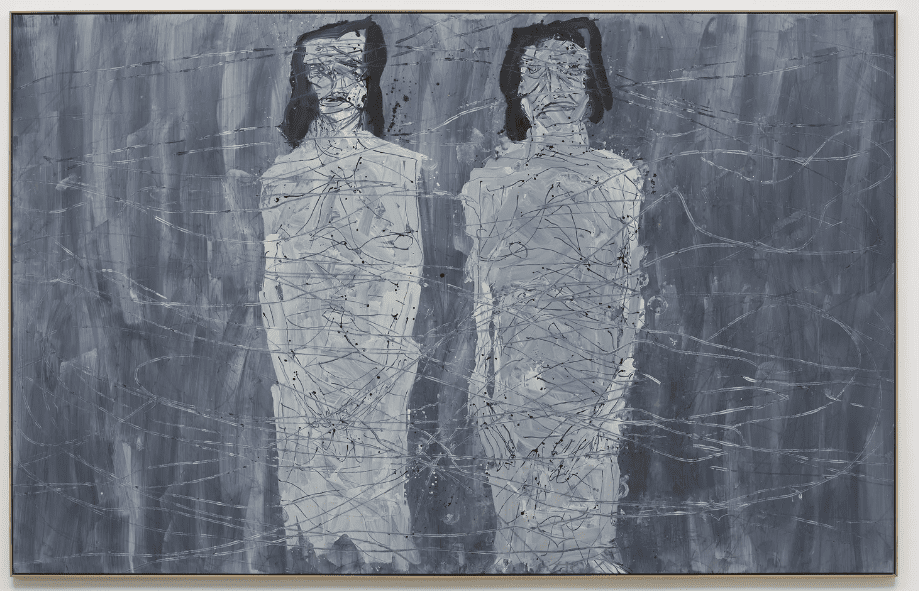[dropcap style=”font-size:100px; color:#992211;”]A[/dropcap]
s company biographies go, that of the Whalley Range All Stars makes for salutary reading.
Stretching from 1982 into the present day, the touring company’s history touches upon similar themes as have been voiced by many artists whose careers took root in an era before the snitty administrational demands of Jobseekers Allowance replaced the more relaxed approach of monthly signing.
And whilst Daily Mail readers will whine about social responsibility and scrounging, there is a trove of anecdotal and documentary evidence proving that a small stipend of untethered income is as valid a form of artistic patronage, and as fruitful, as any number of state-approved Arts Council grants, philanthropic endowments or crowdfunded campaigns. Without wishing to hijack an interview introduction to the ideals of Universal Basic Income or similar demands on those oh-so precious pounds paid by The Hardworking Taxpayer, there is much to be said for giving people some funds, leaving them to it, and seeing what they come up with.
Outdoor/street theatre company The Whalley Range All Stars are well beyond their starving in a garret origins at this point, having progressed to bona fide example of the intrinsic/intangible value to civilized society of a well-maintained arts sector. It’s an inspiring tale of determination, resilience and progression.
But you can bet they wish there wasn’t so much paperwork.
What’s the big idea behind your company, what do you aim to do?
The Whalley Range All Stars have a background in visual arts and aim to tell stories using visual imagery and music. We exploit every relationship between artists and their audience – a show in a fixed spot that you stand (sit if it’s a sunny day) and watch; shows that move through the street and where there’s no barrier between artists and the public; shows in shop windows; sideshows for small audiences (one person, 10 people); parades; peep shows; shows that unfold over a long period of time, exhibitions and installations.
Do humans have a primal need for theatre?
They seem to like watching people doing things, whether it’s a shop assistant rearranging the display in a shop window, the police arresting someone or a theatre company presenting a show. There are obvious differences in these three examples but if you can attract people’s attention, take them out of their day to day existence and play on their curiosity, then you have an audience.
Read more in Issue 3 of Trebuchet magazine, available here.

An observer first and foremost, Sean Keenan takes what he sees and forges words from the pictures. Media, critique, exuberant analysis and occasional remorse.





















